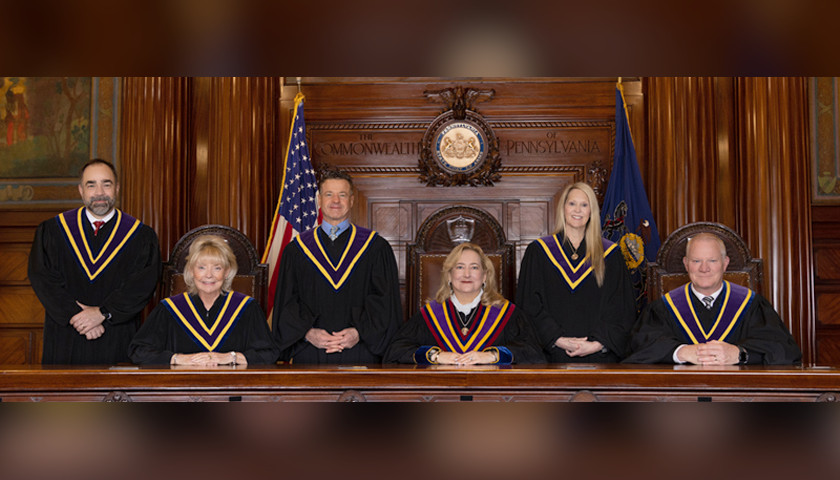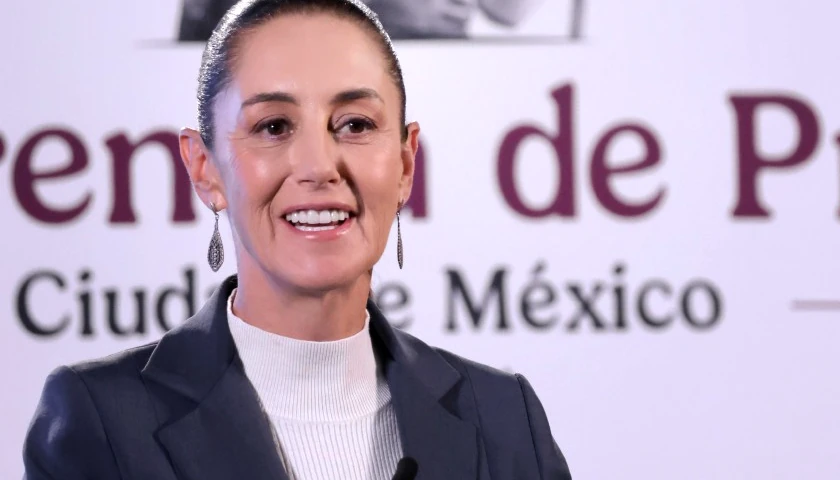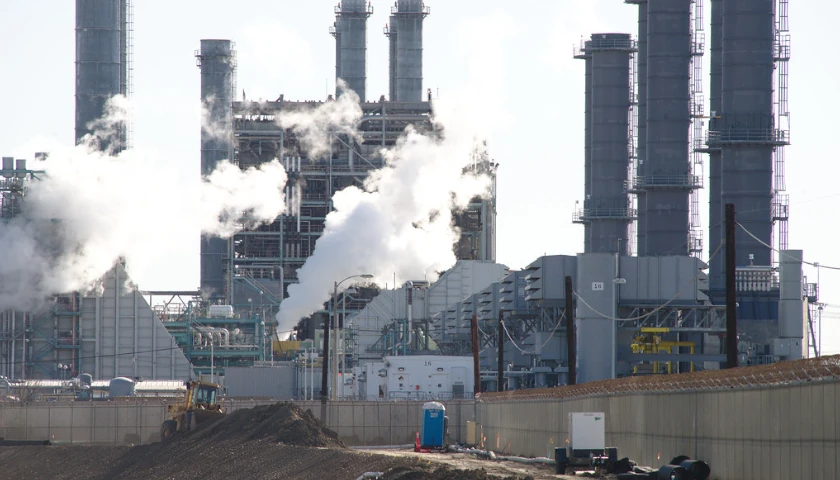by Christen Smith
A recent state Supreme Court ruling side-stepped the question of constitutional abortion access in Pennsylvania, reviving discussion over a would-be ballot referendum mired in legislative gridlock.
Five justices said Monday the Commonwealth Court erred when it dismissed a 2019 case brought by seven abortion providers challenging Medicaid coverage restrictions first established in 1982 and upheld in 1985.
The 1982 law said abortions sought for reasons other than rape, incest, and life-threatening complications did not qualify for reimbursement. Medicaid covers health care costs for 3.1 million low-income and disabled residents in Pennsylvania.
The centers also complained that the restrictive Medicaid parameters diverted time and resources away from its other programs to help women find ways to afford the procedure.
Justice Christine Donohue said the exclusion policy favors birth over termination, even though the government should treat both choices equally. As such, the justices remanded the issue to the lower court to determine whether existing state law is unconstitutional.
Three of the five, including Chief Justice Debra Todd, said the majority opinion’s view that the state Constitution provides abortion rights more broadly doesn’t answer the question in the lawsuit. However, at least one justice acknowledged the issue could come before them soon.
That’s not how legislative Republicans would like to settle the issue. In 2022, the GOP-majority chambers approved a ballot referendum that would add language to the state constitution declaring that it doesn’t guarantee abortion rights.
The amendment – immune to veto – needed approval in two consecutive legislative sessions before appearing on a statewide ballot. When Democrats clinched a one-seat majority in 2023, they blocked it from advancing further.
Party lobbyists wasted no time Monday reminding voters why Democrats must maintain control ahead of a Feb. 13 special election in the House’s 140th district in Bucks County, a competitive Philadelphia suburb.
The vacancy comes after Democratic Rep. John Galloway, first elected to the House in 2007, resigned in November to assume office as a district judge earlier this month.
Republicans, however, have held that voters should have the final say over constitutional abortion access.
Since the U.S. Supreme Court overturned Roe v. Wade in 2022, voters in California, Michigan and Vermont approved constitutional amendments protecting abortion. In Kansas, just weeks after the high court’s ruling, voters shot down an amendment similar to the one proposed in Pennsylvania that would have declared no constitutional right to an abortion.
– – –
Christen is Pennsylvania editor for The Center Square newswire service and co-host of Pennsylvania in Focus, a weekly podcast on America’s Talking Network. Find her work in The Pittsburgh Post-Gazette, Broad + Liberty, RealClear, the Washington Examiner and elsewhere.
Photo “Pennsylvania Supreme Court Justices” by The Unified Judicial System of Pennsylvania.








